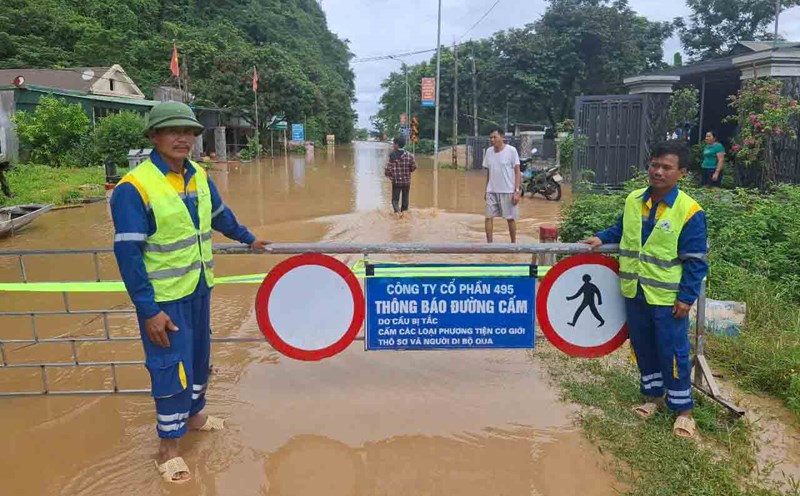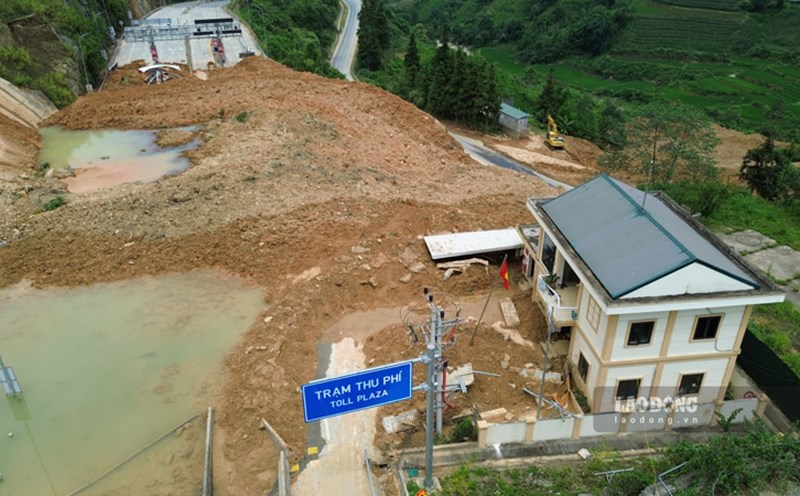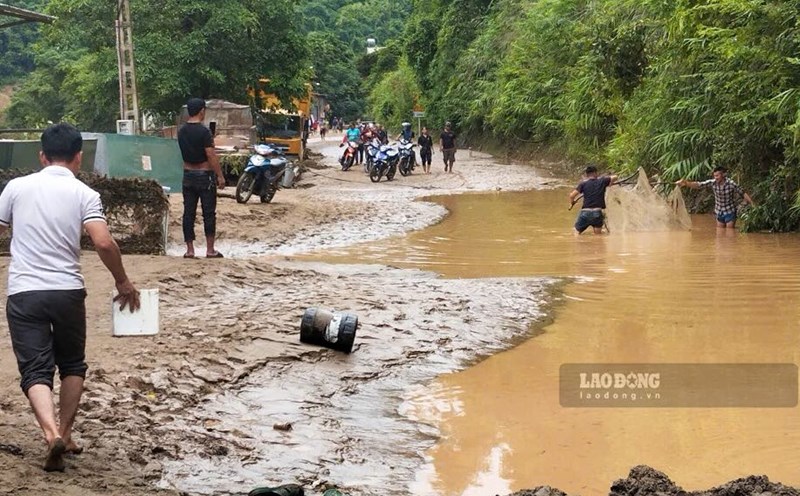On July 21, Hungarian Foreign Minister Peter Szijjarto announced that the country and Serbia and Russia have held online talks to promote the new oil pipeline project, connecting from the Szazhalombatta refinery (Hungary) to the city of Novi Sad ( Serbia). This is the first time Russia has been officially confirmed to participate in the discussion.
The pipeline project is about 300km long, including 180km in Hungary and 120km in Serbia, with an expected capacity of 4 to 5 million tons of oil/year. The project is co-developed by Hungarian oil and gas giant MOL and Serbian company Transnafta, expected to be operational from 2027.
TASS quoted Foreign Minister Szijjarto as saying: "Along with our partners Russia and Serbia, we are making progress in the project. Despite the pressure from the European Union (EU), we will not let Hungarians pay many times more just because of a reasonable cut off from energy supply.
The new pipeline will connect to the southern branch of the Druzhba system - the largest oil pipeline ever built during the Soviet era - allowing Serbia to receive Russian oil directly via Hungary, rather than relying on transit routes through Ukraine or Croatia at increasing costs.
In particular, the Szazhalombatta refinery - Hungary's largest facility, just 30km from Budapest, which mainly uses Russian oil - will play a central role in this new supply network.

The project is also considered a step to help Hungary shift from a consuming role to oil transit, strengthening its strategic position in the Central - Eastern European region.
In the context of the European Union stepping up the "Re PowerEU" plan to completely end Russian energy imports by 2028, Hungary is one of the few countries that have publicly protested.
Brussels is seeking to completely cut off Russian oil and gas, forcing Hungarian households to pay electricity and fuel costs 2-4 times more. We will not let that happen, Foreign Minister Szijjarto said.
Although Budapest had blocked the 18th package of EU sanctions on Russian energy, Hungary finally agreed a vote in July after achieving a special exemption for its country.
Although Moscow's technical role in the project has not been disclosed in detail, Russian Deputy Energy Minister Pavel Sorokin attended a meeting with Hungary and Serbia, while Russian Deputy Prime Minister Alexander Novak affirmed at the St. Petersburg International Economic Forum. Petersburg said Russia was ready to participate in both the construction and supply of oil for the new pipeline.
The move is seen as a new Russian effort to maintain its energy influence in Europe, despite sanctions from the West, including a ban on seaborne imports of Russian oil and a crude oil price cap imposed by the G7 from 2023.











